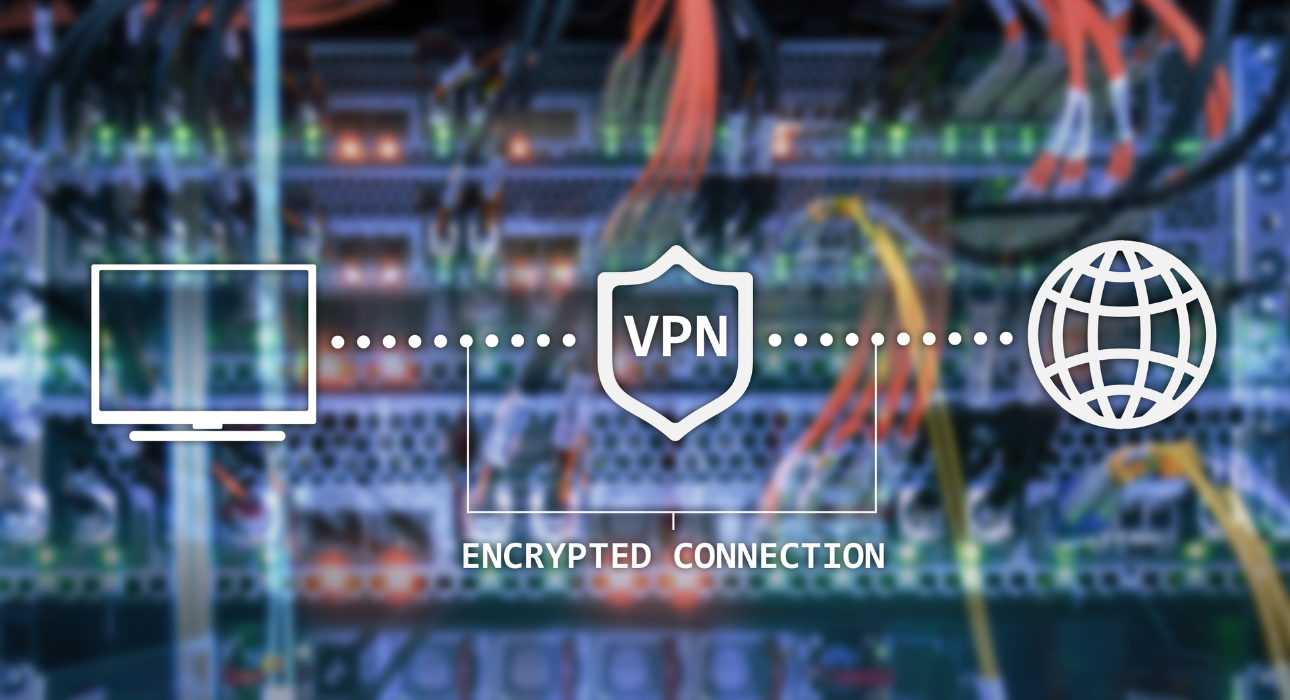Writen by: Invences March 27 2024
Exploring Private Networks for Enterprises: In-Depth Use Case Analysis

In a business environment increasingly characterized by a need for robust connectivity, data-intensive applications, and secure communication, private networks are emerging as a compelling solution for enterprises. Unlike traditional public networks, which are open to any users, private networks offer a dedicated and more secure platform for business operations. This blog delves into an in-depth analysis of various use-cases where enterprises can leverage private networks for enhanced efficiency and security

What Are Private Networks?
Private networks are restricted networks designed for a specific group or organization. They offer greater control over data, improved security measures, and tailored services that meet an organization’s particular requirements. With the advent of technologies like 4G, 5G, and IoT, private networks can offer more than just secure communication—they can be an enterprise's backbone for digital transformation
Use Case 1: Secure Communication
Scenario
For companies dealing with sensitive information, such as financial institutions, secure communication is a top priority.
solution
A private network provides an isolated environment where data transmission occurs only between authorized endpoints, thereby significantly minimizing the risk of data leaks or cyber-attacks
Use Case 2: IoT and Smart Manufacturing
Scenario
Manufacturers are increasingly leveraging IoT devices to optimize workflows and improve product quality
Solution
Private networks support IoT's high-density device environment, providing the necessary bandwidth and low latency for real-time data analytics and automation
Use Case 3: Remote Workforce
Scenario
The rise of remote working requires a secure and reliable network to access enterprise resources
Solution
Through Virtual Private Networks (VPNs) over a private network, remote employees can securely access company resources without the risk associated with public internet connections
Use Case 4: Real-time Data Analysis and Decision Making
Scenario
Businesses like retail chains or logistics companies require real-time data analytics for inventory management, routing, and customer engagement
Solution
A private network's low latency and high-speed capabilities make it ideal for handling real-time analytics, allowing companies to make data-driven decisions instantly
Use Case 5: Healthcare and Telemedicine
Scenario
Healthcare institutions are increasingly turning to telemedicine and remote patient monitoring.
Solution
The secure and reliable environment of a private network ensures that patient data is safely transmitted and that remote consultations occur without interruptions
Challenges and Considerations
- CostSetting up a private network can be expensive, though the long-term benefits often outweigh the costs
- MaintenanceA dedicated team may be required for network management and maintenance
- Regulatory ComplianceCompanies must ensure that their private network setup is in compliance with industry-specific regulations, such as GDPR for data protection or HIPAA for healthcare
Conclusion
Private networks are becoming indispensable for enterprises aiming to secure their communications, improve operational efficiency, and leverage advanced technologies like IoT and real-time analytics. While there are challenges to consider, such as costs and compliance, the benefits are tangible and often provide a strong return on investment. As enterprises continue to evolve in a digitally connected world, private networks will likely become a standard component of robust, secure, and efficient business operations






